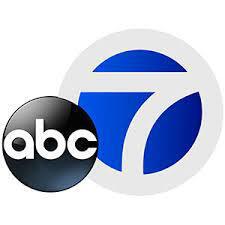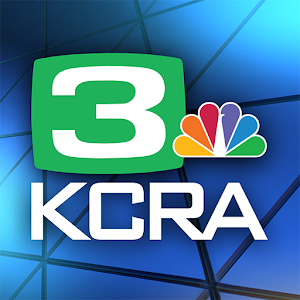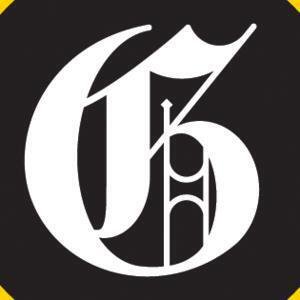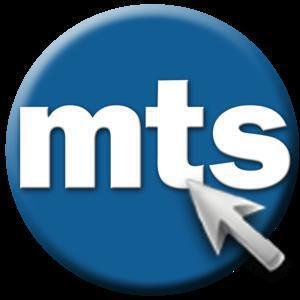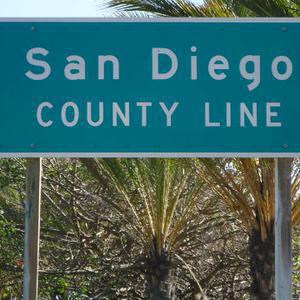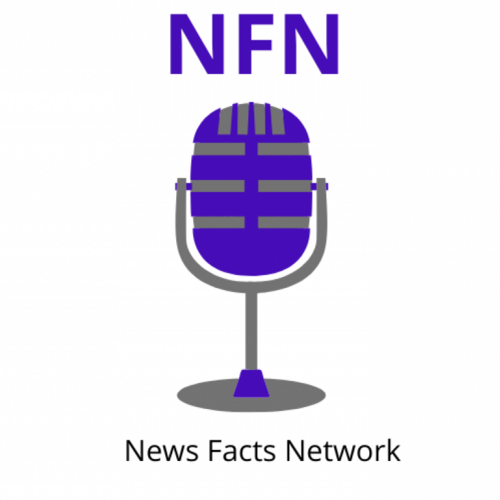California’s new gun control law, S.B. 2, signed by Gov. Gavin Newsom in September, took effect on Jan. 1. The law identifies 26 “sensitive places” where carrying firearms is prohibited, even for concealed carry license holders.
Those designated places include parks, zoos, libraries, museums, banks, churches, hospitals, public gatherings, playgrounds, and stadiums, among others.
S.B. 2 introduces stricter requirements for concealed carry permits, demanding prior firearms training, a minimum age of 21, character references and a background check. Private business owners have the authority to display signs indicating whether guns are permitted on the premises.
“We feel very strongly that these bills meet the Bruen test and they were drafted accordingly,” Newsom said the day he signed S.B. 2. “But I’m not naïve about the recklessness of the federal courts and the ideological agenda.”
Gov. Newsom asserted that the legislation aligns with the Bruen test, which was established in the 2022 Supreme Court’s ruling in New York State Rifle & Pistol Association V. Bruen.
The California Rifle and Pistol Association contested S.B. 2 and sued to block the legislation from taking effect. U.S. District Court Judge Cormac Carney ruled against the law on Dec. 20, deeming it “sweeping, repugnant to the Second Amendment, and defiant of the Supreme Court.”
However, on Dec. 30, the Ninth Circuit Court of Appeals issued a stay on the ruling, allowing S.B. 2 to proceed. Newsom responded, emphasizing the importance of maintaining California’s gun laws during the appeal.
The fate of S.B. 2 rests on the upcoming appeal, but currently, it stands as California law.









